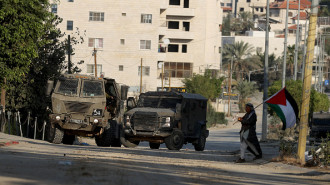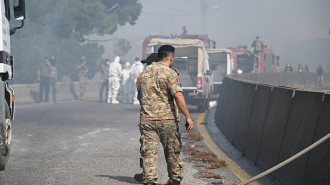Growing condemnation over Moroccan police's violence against Rif protesters
The rally took place on Friday in Rif’s port city of Al-Hoceima, following a general strike called by activists, demanding Zefzafi’s release.
Protesters called for the “traitor” Moroccan government to release Zefzafi, as they also protested for better social provisions, something that the Moroccan government has denied them of.
|
— Mhamad Kleit (@kleitm) June 3, 2017" style="color:#fff;" class="twitter-post-link" target="_blank">Twitter Post
|
Moroccan authorities reacted to the protests by carrying out a series of arrests and detainees were unable to access their lawyers.
Reporters Without Borders released a statement on Friday condemning the Moroccan government’s targeting of journalists and citizen journalists covering the protests.
So far, two journalists have been arrested, three have gone into hiding and one Algerian journalist had been deported.
Photos and videos of protestors sustaining injuries after confrontations with the police are also surfacing on social media.
Rabat defends its lockdown
Despite growing condemnation, the Moroccan government defended the actions of the police in the Rif region on Thursday.
Prime Minister Saadeddine El Othmani said during a government meeting that the interior and justice ministers assured him authorities are respecting human rights as they clamp down on protesters.
However, the six political parties that make up the parliamentary majority, issued a statement urging authorities to respect the rights of the protesters while urging more "positive" government interaction.
The protests in the Berber dominated Rif region can be traced back to October 2016 when Mouhcine Fikri, a fishmonger in Al-Hoceima, tried to prevent government backed city authorities from destroying his merchandise, swordfish, which are banned during the season.
The 31-year-old was crushed as he was run over by a rubbish truck while protesting. A photo of him circulated on social networks, showing him dead, his head and his arm surpassing the compacting mechanism.
The Rif region began to instigate calls for justice for Fikri, in a movement which quickly evolved into a grassroots movement demanding jobs and economic development.
Nasser Zefzafi soon emerged as the leader of the Al-Hirak al-Shaabi, or "Popular Movement".
Since Zefzafi's arrest, two women have emerged as leaders of the Al-Hirak movement, Nawal Ben Aissa and Cilia Ziani.
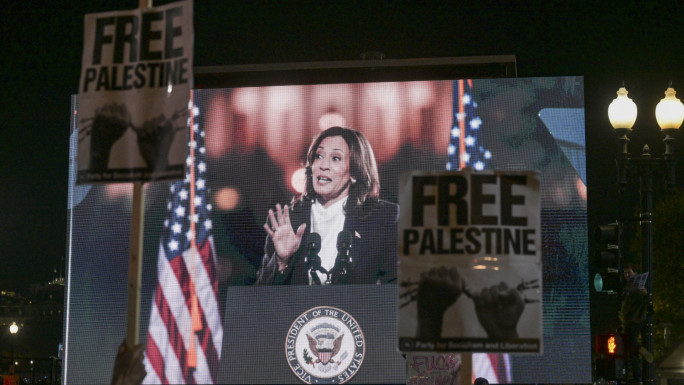

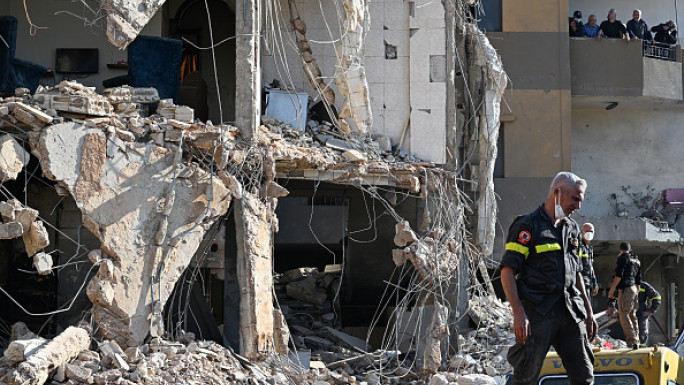
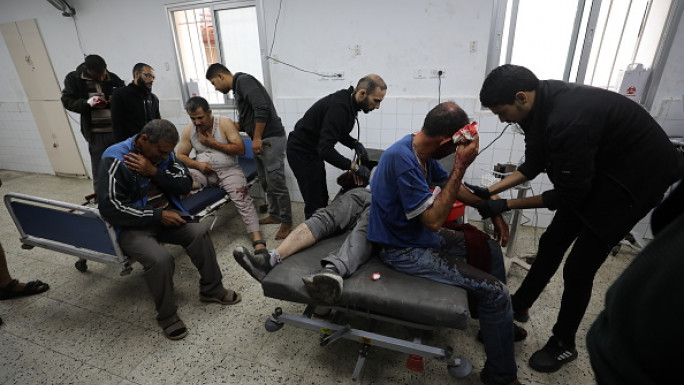
 Follow the Middle East's top stories in English at The New Arab on Google News
Follow the Middle East's top stories in English at The New Arab on Google News
![French Foreign Minister Jean-Noel Barrot [Getty]](/sites/default/files/styles/image_330x185/public/2182722851.jpeg?h=a5f2f23a&itok=UD_yRfLZ)
